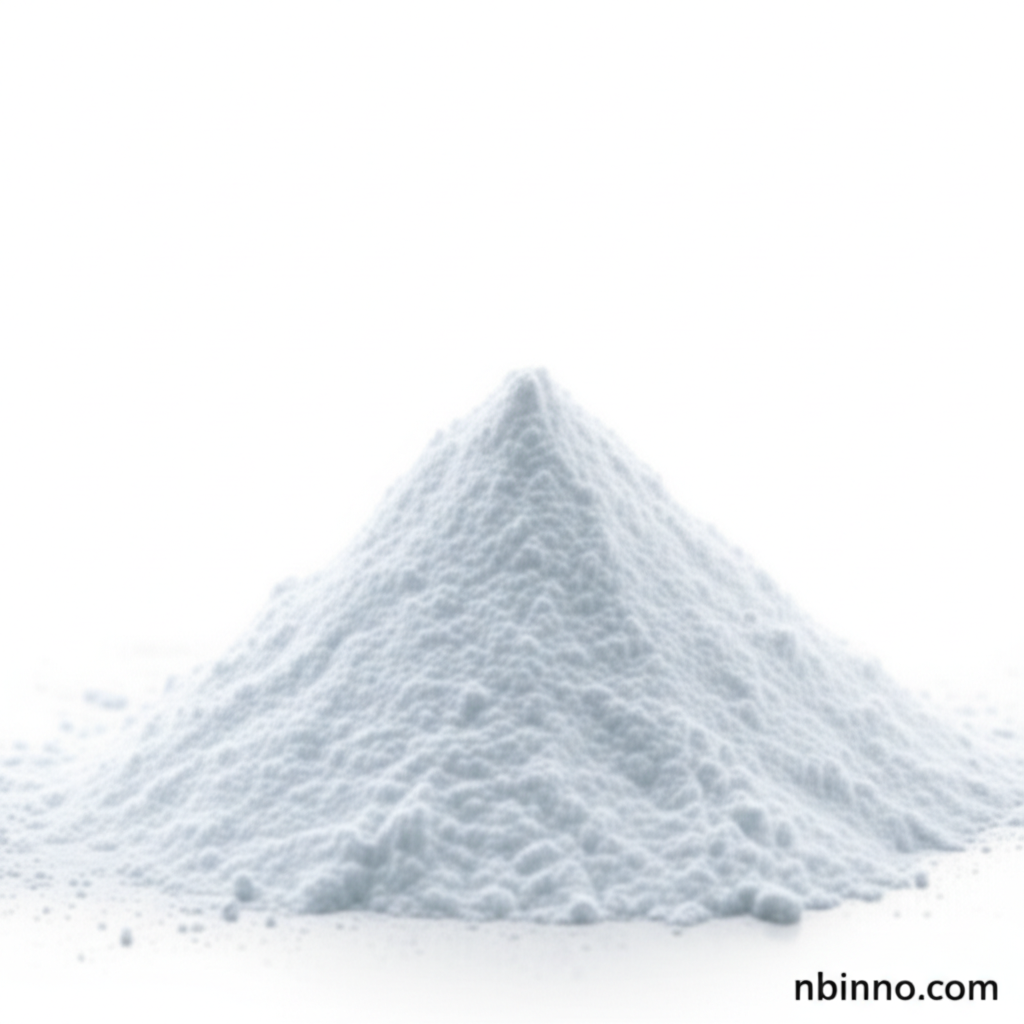Thymulin Acetate: A Key Player in Immune Regulation and Tissue Repair
Discover the multifaceted benefits of Thymulin Acetate, a powerful peptide for immune health and regeneration.
Get a Quote & SampleProduct Core Value

Thymulin Acetate
Thymulin Acetate, identified by CAS 63958-90-7, is a vital nonapeptide hormone synthesized by thymic epithelial cells. Its primary function is to regulate the immune system, playing a critical role in T-cell differentiation and enhancing various T-cell functions.
- The mechanism of action for Thymulin Acetate involves immune-modulatory and anti-inflammatory effects, contributing to overall health.
- Exploring Thymulin Acetate's role in tissue repair reveals its potential in regenerative medicine and recovery processes.
- Understanding Thymulin Acetate's anti-diabetic activity offers insights into its therapeutic possibilities beyond immune support.
- Research into Thymulin Acetate's effects on the immune system highlights its importance in maintaining immune homeostasis and function.
Key Advantages
Immune System Enhancement
Thymulin Acetate significantly boosts T-cell function, crucial for a robust immune response against pathogens and maintaining immune balance.
Tissue Regeneration Support
The peptide has demonstrated potential in promoting tissue repair and regeneration, making it valuable for recovery and healing processes.
Anti-inflammatory Properties
Thymulin Acetate exhibits anti-inflammatory effects by modulating pro-inflammatory mediators, helping to reduce inflammation-related conditions.
Key Applications
Immunomodulation
As a key peptide hormone, Thymulin Acetate is instrumental in modulating the immune system, enhancing cellular and humoral immunity.
Tissue Repair
Its role in promoting healing and regeneration makes Thymulin Acetate a compound of interest in therapies aimed at tissue recovery.
Anti-inflammatory Therapy
Thymulin Acetate's ability to counteract inflammatory responses offers potential in managing various inflammatory conditions.
Biomedical Research
Researchers utilize Thymulin Acetate (CAS 63958-90-7) as a tool to study immune pathways and cellular mechanisms.
